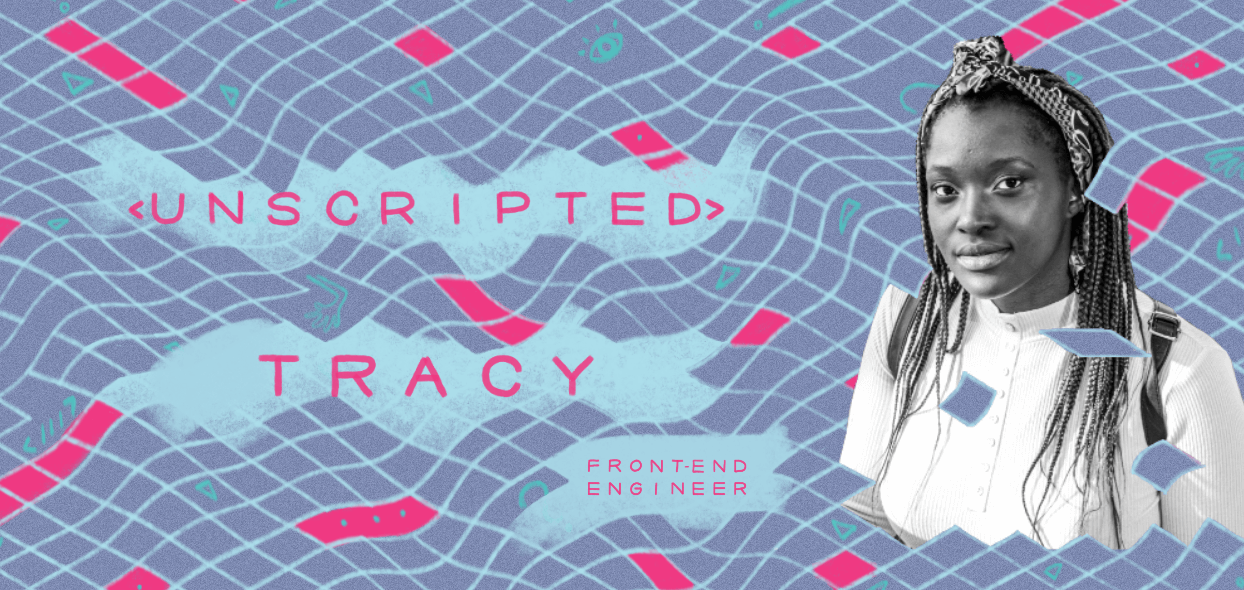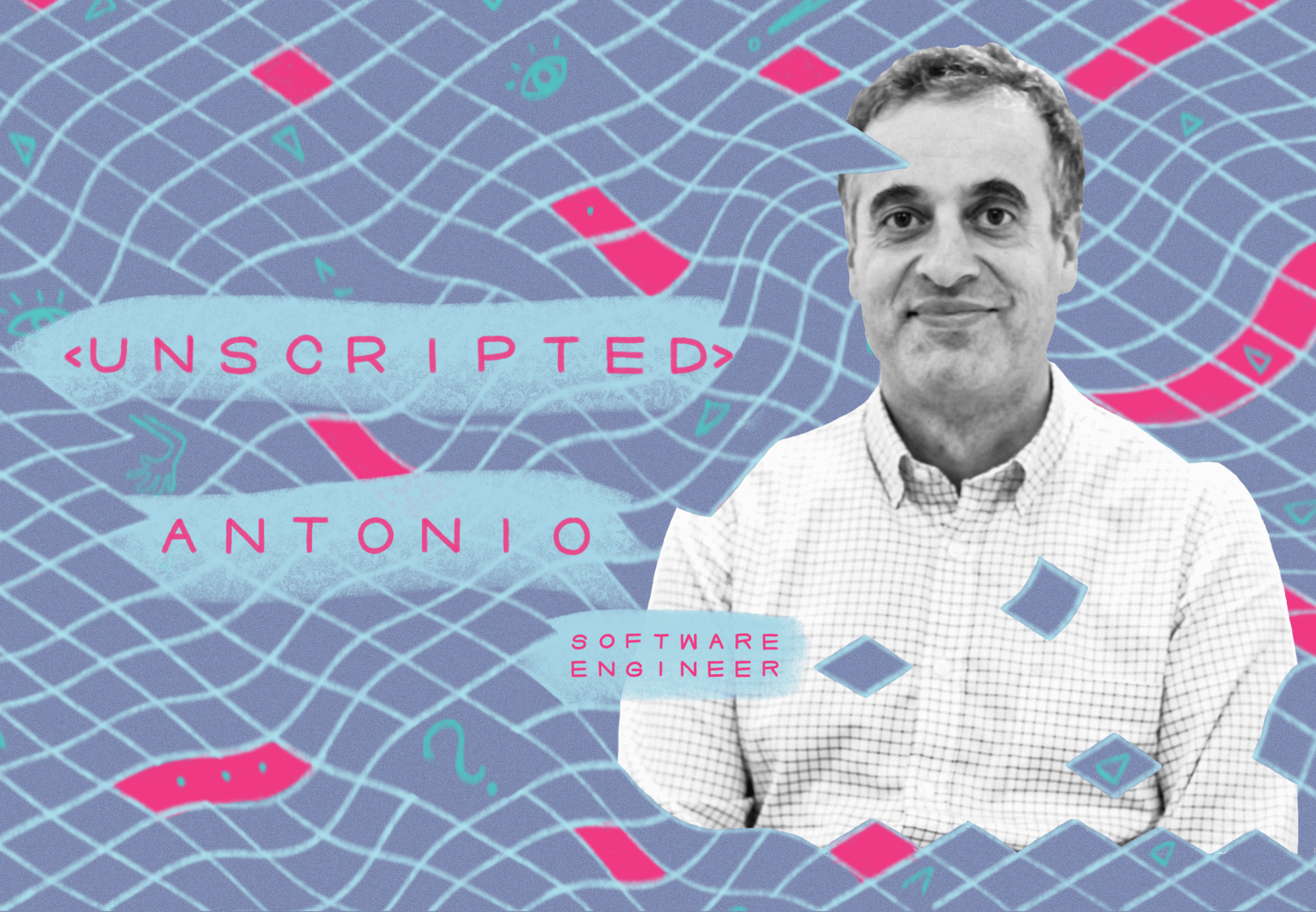Unscripted: Q&A with Tracy, Frontend Engineer

If you saw the latest Fidel in Focus, you’ll know that our tech team’s been hard at work on some cool new product upgrades.
And they’re already busy with the next batch – but in between, we found some time to catch up with Tracy, a Frontend Engineer at Fidel. We wanted to hear what she’s been working on lately – but you can also check out her Medium to find out more.
Hey Tracy! What are you working on at the moment?
I look after Fidel’s Card-Linked Offers (CLO) platform, and am currently working on improvements to the control panel for merchant onboarding. At the moment, if something fails, we don’t have a visual tool for showing our clients why, or how to fix the problem. It means our support team has to spend a lot of time doing manual fixes or using Metabase (a database query tool), and that can make the onboarding process really slow for the merchants we’re working with. So I’m in the middle of building a tool to help improve that – it’s internal, but will mean massive improvements for our clients, and their customers in turn.
Great! Sounds like that will help everyone scale a lot faster.
It should! We’re actually doing a lot of work at the moment to improve our tools and build more scalable products.
Like what?
Fidel’s CLO has two main parts: the publisher dashboard, and the merchant offers platform. But they’re built differently – the dashboard is written in Angular, and the merchant platform is built in React. Because of that, every time there was a fix or an upgrade, we had to address each separately. Now, I’m building a service that will help us merge the two, so we can call the same service instead of making two separate calls every time. It’s already something that I was using in the CLO – I just extracted the library to make it external, so we can use it in other projects as well. It’s one of many areas where we’re trying to break dependencies to make each project run more efficiently, and make scaling them up easier.
Do you always have scalability in mind when you’re building?
I do now! It’s been essential as we’ve developed the CLO platform. It was my first project when I joined Fidel about a year ago, and the first time I had to consider architecture. At the time, I was paired with Eszter, a frontend engineer here, who onboarded me and taught me to think long term instead of just trying to add new features quickly. Honestly, I found it annoying at first – but now I really enjoy the rigour it’s given me in the way I approach my work. In the frontend team, we always have to think ahead to how things will perform in a year or more – and if something has to change, you change it now, not later. Scalability is crucial as Fidel is growing so quickly, so I’m really proud of what we’ve built with the CLO. It’s my baby!
Well done! Are there any tools you’ve been using recently that have helped?
Sentry, it’s a bug-tracking tool. We had implemented it a while back, but it took us some time to figure out a setup that works for us, and now it has genuinely changed my life! Now every time that a client has an issue or there’s an internal error, it gives a full description of what’s happening. Before we started using Sentry, it could be challenging to understand the problems clients were having even if they gave a thorough description. I’d love to use Hotjar as well, so we could have a full recording of the client session – but as we handle sensitive data, we have to make compromises.
Where do you find out about tools and fixes like that?
I think as developers, we’re always in the process of learning. I read a lot on Medium and try to stay as engaged as possible with the community in places like Spectrum and Dev.to. The way I learn is that when I’m working and get stuck on something, I’ll google it. I eventually end up in places like GitHub or Stack Overflow, but in the process of link-surfing to find the right answer, I discover loads of stuff that I wasn’t even looking for.
Is there anything you haven’t learned yet that you’d like to?
Ruby. I currently use JavaScript and TypeScript, but now I’m getting more interested in Ruby and Go. I’m mainly frontend, but I like to get an idea of the big picture and how everything works together – so the things you can do with those languages in DevOps, for instance, is really interesting to me. Ruby’s especially interesting because of the quality of the tools being built by some really skilled developers.
What do you think is going to be the next big thing?
I’m interested in blockchain technology and how it impacts people. Most of the big financial issues that we’re currently facing in our society are related to security and transparency. I think that using blockchain technology can add clarity and avoid corrupted data in the financial industry. I think in one or two years, we’ll begin to shift the payments industry in a more transparent direction while taking into account personal privacy. Hopefully, in the future banking will be easier for everyday people to understand.
Thanks, Tracy!
To find out more about the projects our engineering team is working on, sign up to our newsletter. Or to chat to them directly, join our community.


